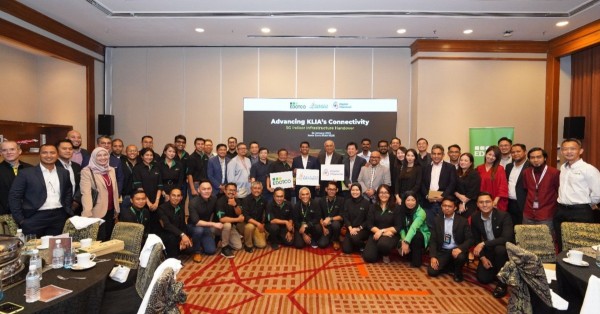In contradiction to the Telecom Regulatory Authority of India’s (TRAI) recommendations last year, recent reports indicate that the Indian government is not likely to allocate 5G spectrum directly to enterprises for building private networks.
TRAI previously advocated for enterprises to lease spectrum from both telecom companies and the Department of Telecommunications (DoT) to establish 5G private networks. They suggested reserving a 40MHz spectrum block in the 3,700-3,800MHz band and 400MHz in the 2,850MHz-2,950MHz millimeter wave band for private networks. However, these recommendations were declined by the DoT, which consulted attorney general R Venkatramani and decided to opt for auctions for fair spectrum distribution. It remains uncertain if any 5G spectrum will be auctioned for private networks. Reports hint that leasing from telecom operators might be the only option for enterprises to build private networks.
Several enterprises, including Infosys, Capgemini, Tata Communications, Tejas Networks (a Tata Group part), Tata Power, Larsen and Toubro, and GMR, expressed interest in directly procuring 5G spectrum from authorities to set up private networks in a demand study conducted by the DoT.
Should this decision materialize, it will favor telecom companies, which have been advocating for it over the past years. They argue that they won’t have any incentives to build 5G networks if enterprises can procure 5G spectrum directly from DoT.
Conversely, businesses argue that directly allocating spectrum to enterprises would foster the local telecom gear industry. They express concerns that telecom companies tend to collaborate with global telecom equipment manufacturers, sidelining the domestic industry.
Voice of Indian Communication Technology Enterprise (VoICE) suggests that reserving small portions of bands for deploying private 5G networks using domestic technologies would provide an exclusive space for domestic players to grow. VoICE was created to promote self-reliance in the telecom industry and counts multiple domestic companies among its members.
Furthermore, enterprises argue that direct allocation of the spectrum is the best way forward to avoid potential cartel-like behavior where telecom operators could demand higher rates for 5G private network spectrum.
Despite the uncertainty around 5G private network spectrum distribution, several companies have started deploying them. For instance, Apollo Hospitals, in partnership with Airtel, set up a private network. Similarly, Airtel and Tech Mahindra deployed private 5G networks at Mahindra & Mahindra’s auto manufacturing plant in Maharashtra. Vodafone Idea is also in partnership with L&T Smart World and Communication (SWC) to establish a 5G private network.























